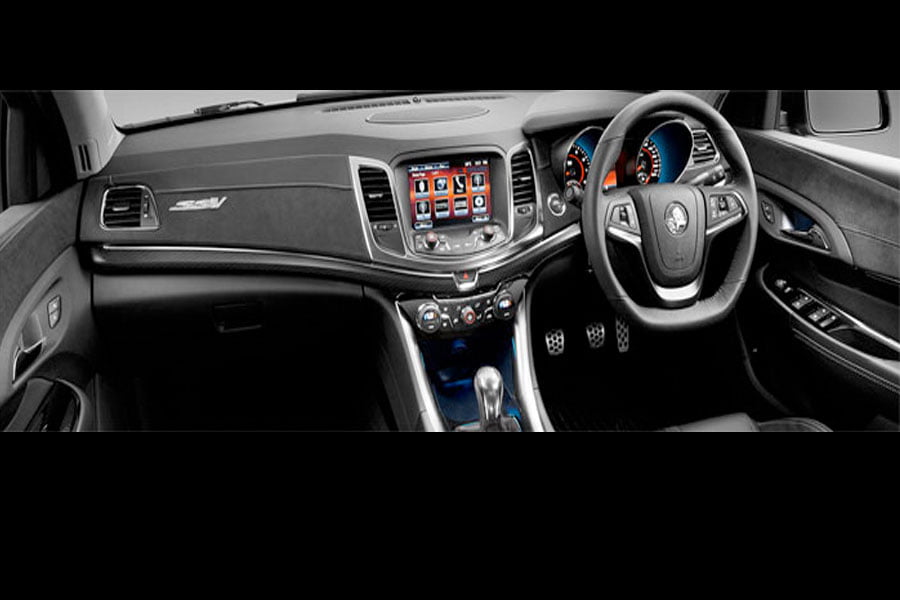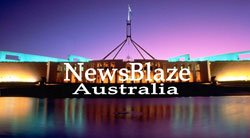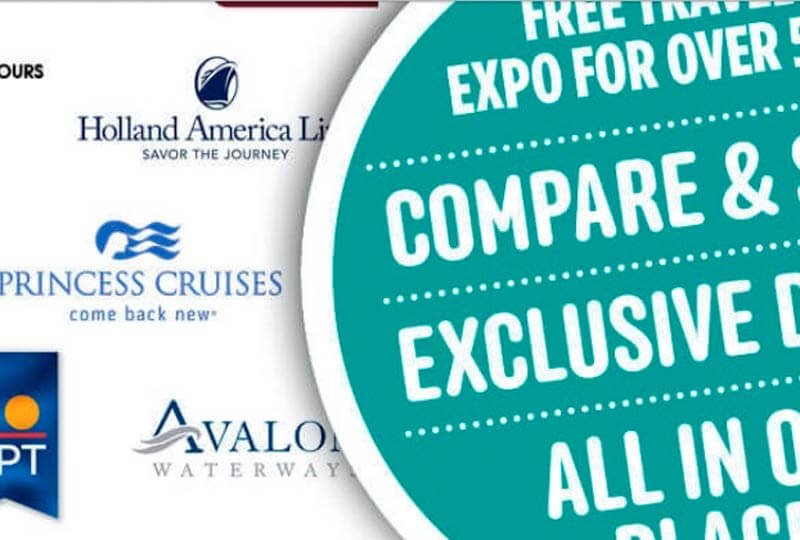Now that he is the leader of the Labor Party opposition, Bill Shorten likes to blame everything on Tony Abbott. Shorten says Abbott killed Holden and the car industry, but the beginning of the death of Australia’s local car industry was engineered by the Labor Party’s John Button, Bob Hawke and Paul Keating. Keating and Button knew that competition was needed. If they had not acted, our local cars might still be expensive, under-optioned and subsidised.
Competition
After Labor opened Australia to more competition and took away the trainer wheels that protected the car companies, Australians decided they liked the competition this brought and dumped Holden, Ford and Toyota in favor of the many less expensive and highly optioned brands.
What Labor did, to bring in new competition, was definitely needed. The competition caused Holden and Ford to innovate and keep up. The car industry definitely would not have innovated on its own. Looking at the US car manufacturers, General Motors and Ford, it wasn’t until the US economy went down the drain in 2008, and the US Federal government bailed out General Motors, that they finally realised they were building massive gas-guzzling behemoths that few people wanted, while their customers were looking for smaller cars and buying other brands.
Now there are 65 brands of cars in Australia, probably more than any other country in the world.

Holden dashboard
Sometimes it takes a near-fatal shock to be administered before a company is forced to make changes.
Australian consumers have been ignoring Holden and Ford for years. In the 90s, the Australian Dollar went through the roof – thanks to Paul Keating’s actions, since he floated the Australian dollar. Australia’s relatively high interest rates made overseas traders buy the dollar, and the dollar rose against other currencies. Nothing was done to address that, and exports suffered and the cost of locally manufactured goods was higher than imports.
Australians bought more imported cars and continued to kill the local car industry.
The Labor Government’s carbon tax added additional pressure on the local car industry and Kevin Rudd fixed that by handing out more taxpayer money in subsidies. Over the past 10 years, around $20billion has been given to the local car industry and like most handouts, that only delays the inevitable crash or delays necessary action to become self-sufficient. When massive subsidies continue to roll in, there is no need to take too many risks or work too hard on changes.
The Labor Party – Bill Shorten and his new best friend, Kevin Rudd, dealt an additional blow to the already stumbling local car industry immediately before the 2013 election. Rudd clamped down on Fringe Benefits tax, and that had an immediate and massive negative effect on car sales and killed a few thousand other jobs.
After the Labor Party was ejected from office in 2013, the new Liberal government realised the constant massive subsidies for Australia’s car industry were unsustainable, and had to stop. Not only were they unsustainable, but they were growing rapidly. The Labor government had been propping up a rapidly declining industry that Australians were not supporting.
Holden Survey
Last month, a non-scientific NewsBlaze survey, that ran over three days, counted the number of Holdens on the road, compared to other cars. The methodology for this survey was simple. Count 200 cars and see how many were Holdens. On day one there were only 10 Holdens. On day two, 12 Holdens and on day three, 12 holdens. On day two, Fords were also counted, and of the 200 cars, 20 were Fords. No account was taken of the age of the vehicles. Other brands were not counted, but it was noted on day three, that there were at least 8 Peugeots. There was actually one more Holden each day – mine.
The conclusion drawn from the survey is that Australians (at least in Canberra) for some reason, do not support Holden, and have not been supporting the company or its products for some time. The chart below also shows that Holden and Ford have been going downhill over the past ten years.
The obvious conclusion of this story is that Tony Abbott did not kill the Australian Car industry. Ford had already announced it was closing up shop and the Labor government did nothing about that – and Ford was receiving subsidies too.
Killing The Local Car Industry
Australians killed the local car industry and the car companies had a hand in their own demise. The Labor Party played a part, in many ways, but they left it to Tony Abbott to deal the final blow, after Kevin Rudd delivered a crippling kick to the vital organs in the dying moments of his government.
It is definitely sad that the local car industry will close, but it isn’t over until the fat lady sings. Change is hard.
Here are two questions for all the people who so desperately want to keep the local car industry going, including and especially the Labor politicians who want to tell the conservative government they are wrong.
1. Did you support Holden, Ford and Toyota by buying their cars?
2. Why don’t you collaborate, put your hand in your pocket, take over the factories and keep the industry going?
Almost anything can be done if you have the guts to try.
The moral of this story is: If you don’t support your local industry, at some time it will become unviable and it will be lost.





